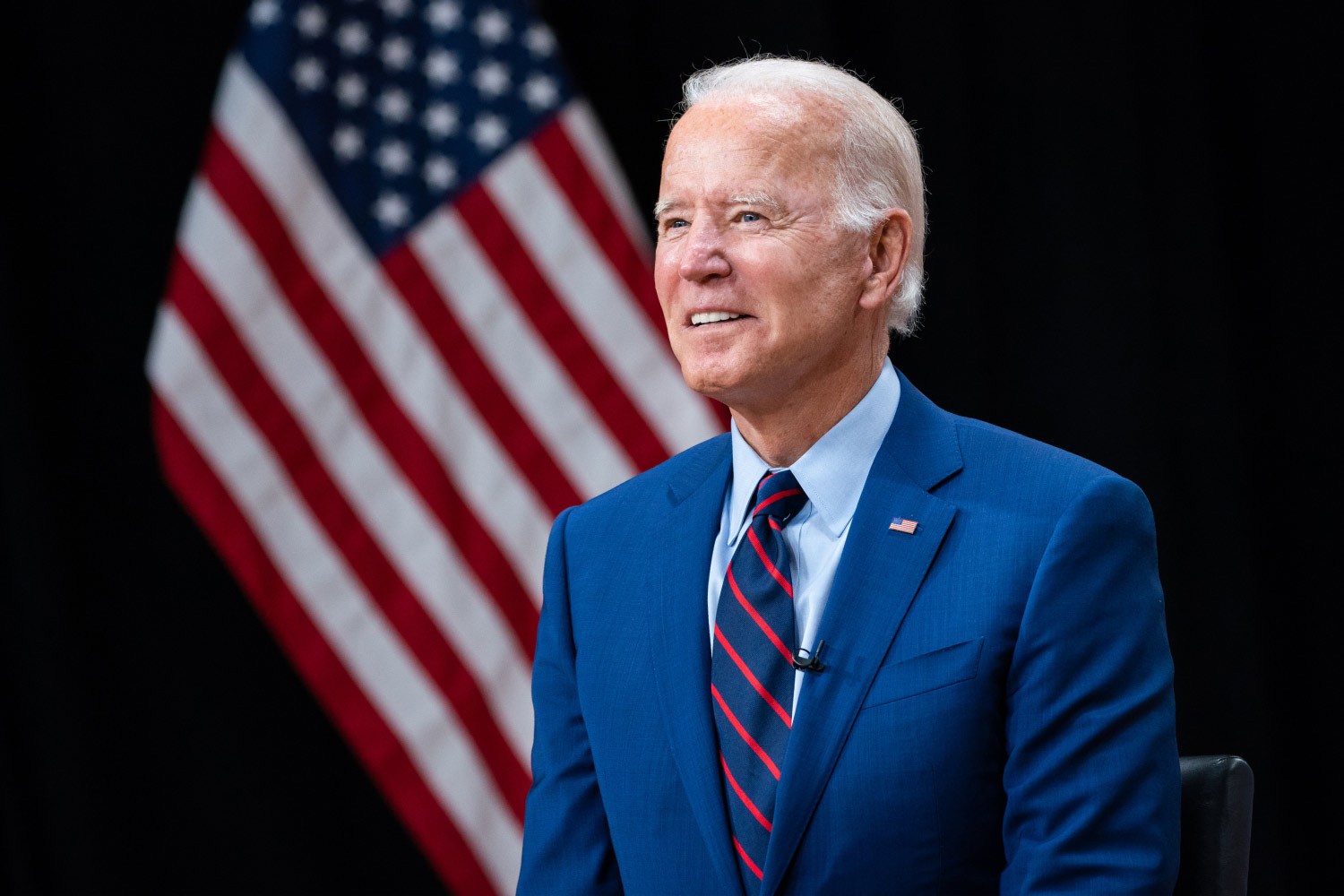The US and North Korea: Solid Negotiations for a Non-Nuclear Future
Why have past measures failed? With the U.S. as the lead, Japan, South Korea, China and Russia should consider this question, and work cooperatively to denuclearize the Korean Peninsula.
The Joe Biden administration has announced that it has developed a new policy toward North Korea. Details have not been released, but it is said to be a “calibrated and practical approach,” hinting at a step-by-step process.
It is not the Donald Trump administration’s “grand bargain” or the Barack Obama administration’s “strategic patience” approach. The idea seems to be that every time North Korea takes a positive step, it will be rewarded with sanctions relief and other measures.
It goes without saying that immediate abandonment of nuclear weapons is desirable, but it is not realistic to aim for a quick solution under a system in which the Cold War structure remains in place.
The important thing is that we will stick to the goal of “complete denuclearization” (according to a senior U.S. official), make steady progress and build careful negotiations while verifying the results at every step along the way.
However, step-by-step agreements, described as “action vs. action,”* have been tried before, including the joint statement of the Six-Party Talks in 2005 and the U.S.-North Korea Agreed Framework in the 1990s.
The main reason for the failure to sustain the implementation of these measures is largely due to the fact that North Korea did not fulfill its promises. At the same time, it cannot be denied that the U.S. also gave North Korea an excuse by the fact it was not fully engaged and altered its position when administrations changed.
We cannot afford to allow North Korea to continue developing its weapons of mass destruction any longer. I would like the Biden administration to make the Korean Peninsula issue a top priority and ensure consistent involvement.
It is said that the Biden administration has consulted with Japan and South Korea in developing this new policy. Recently, in addition to the meeting among Japan, the U.S. and South Korea, the foreign ministers of Japan and South Korea met independently of the U.S. for the first time in a long time. We need to take this opportunity to repair the rocky relationship between Japan and South Korea.
It is also time for China and Russia, allies of North Korea, to think seriously about the situation. Regional instability caused by North Korea’s outburst is a threat to all nations. China and Russia should absolutely refrain from using North Korea as a bargaining chip with the U.S.
It is clear that North Korea is wary of the new U.S. policy, but is deeply interested. Although North Korea is keeping the U.S. in check by developing a submarine-launched missile, it is looking to see how the U.S. will proceed while it tones down its criticism of the U.S.
The U.S. is proposing a policy that envisions a step-by-step solution, one which is likely to be met with little resistance by North Korea. North Korea should realize that the only way to end the hostile relationship with the U.S. and gain the security assurance it seeks is to abandon its nuclear program completely.
*Editor’s note: Although accurately translated, this quoted remark could not be verified.


